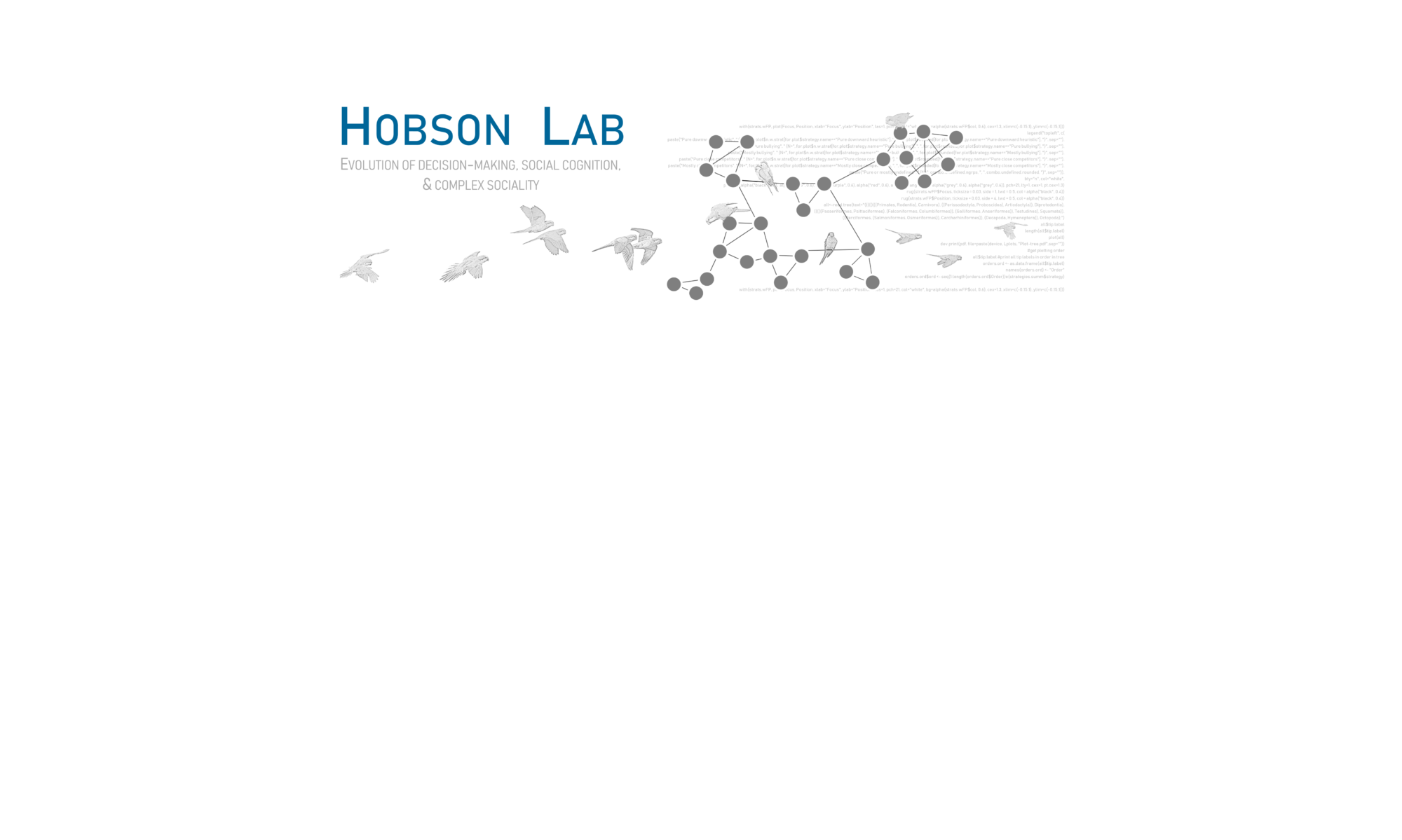We have a new preprint out, this time about networks + ants!
Our paper uses an existing dataset on ant social interactions to ask a new question: are the history of interactions and information flow within colonies important predictors of task switching?
This project started when Anshuman, Sara, Lou, and Liz all attended the Complex Networks Winter Workshop in December 2019. Anshuman, Sara, and Lou put together a fun project (with Liz helping on the mentoring side of things) that we affectionately named “Ants ants ants”.
It’s been a really fun experience working with this great group! The preprint is available on bioRxiv. If you are interested in using effective information in your own work, check out the R package einet
Abstract
In animal societies, individuals may take on different roles to fulfil their own needs and the needs of their groups. Ant colonies display high levels of organisational complexity, with ants fulfilling different roles at different timescales (what is known as task allocation). Factors affecting task allocation can be at the individual level (e.g., physiology), or at the group level (e.g., interaction histories). In this work, we focus on group level processes by exploring the impact of the history of interaction networks on task allocation and task switching using a previously published dataset (Mersch et al., 2013) tracking the behaviour of six Camponotus fellah colonies over 41 days. First, we investigated the architecture of interaction networks using node (individual) level network measures and their relation to the individual’s task – foraging, cleaning or nursing – and whether or not the ant switched tasks. We then explored how noisy information propagation is among ants, as a function of the colony composition (how many ants are carrying out which tasks), through the information-theoretic metric of effective information. Our results show that interaction history affected task allocation, with ants more likely to switch to a task if they had interacted with other ants carrying out that task. The degree to which interaction history affected task allocation, as well as the noise in their interactions, depended on which groups of ants are interacting. Overall, we showed that colony cohesion is stable even as ant-level network measures vary more for ants when they switched functional groups; thus ant colonies maintain a high level of information flow as determined by network analysis and ant functional groups play different roles in maintaining colony cohesion.
Altmetrics





